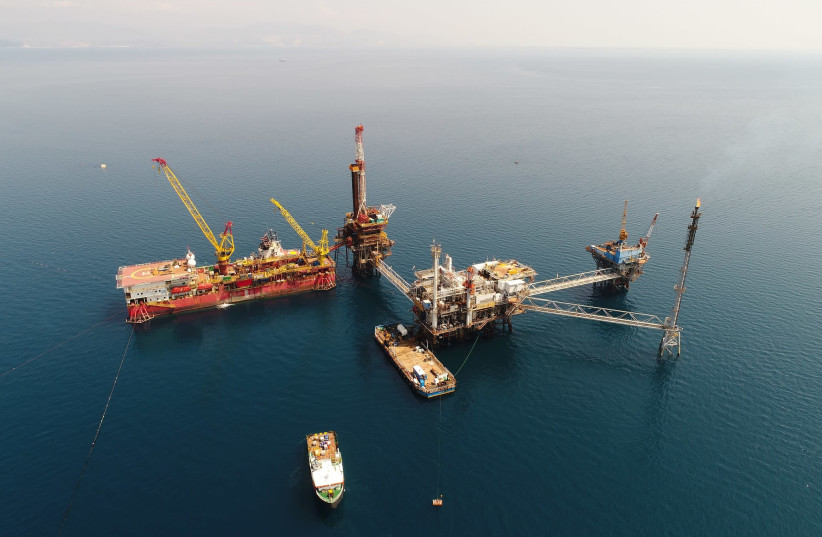A University of Leeds study has found that in at least the last 30 years, not a single country has met the basic needs of its residents without overconsuming natural resources.
The frightening trend has the potential to affect ecosystems and increase the deprivation of resources among impoverished populations.
The study, published in the peer-reviewed scientific journal Nature Sustainability, is the first study to track the progress of countries around the world – in terms of both meetings basic needs and respecting environmental limits – in 148 countries since 1992. The countries analyzed each have a population of at least one million people.
“Our existing economic system uses resources to support elite consumption and corporate interests rather than to meet basic needs. That urgently needs to change,” said the study’s lead author Dr. Andrew Fanning, from the Sustainability Research Institute at Leeds and the Doughnut Economics Action Lab in Oxford.

The study projected historical trends for each social and environmental indicator within each country to 2050 and mapped their performance on a yearly basis. The University of Leeds is displaying the findings on an interactive website.
“Everyone needs a sufficient level of resources to be healthy and to participate in their society with dignity, but we also need to ensure global resource use is not so high that we cause climate and ecological breakdown,” Dr. Fanning declared.
The mapping showed that no country has achieved a neutral, sustainable level of natural resource – though Costa Rica got closer than any of the other 148 countries studied. Shockingly, no nations are on track to even their usage in the future.
“Our results suggest that the neoliberal policies that have been imposed on the global South over the past four decades have failed to deliver meaningful outcomes,” said Co-author Dr. Jason Hickel, from the Autonomous University of Barcelona.
“The existing approach mobilizes Southern resources to serve the interests of foreign investors, when what is needed is to focus instead on meeting human needs directly,” Hickel stated.
“Current trends suggest that richer countries need to dramatically reduce their resource use to avoid critical planetary degradation, while poorer countries need to rapidly accelerate social performance to eliminate critical human deprivation. “Countries with high levels of social achievement, such as Germany and Norway, are often held up as international role models, but they have levels of resource use that need to be massively reduced to get within fair shares of planetary boundaries,” co-author Dan O’Neill from the Sustainability Research Institute added.
The researchers deduce that without urgent, pressing changes, the global economic system will continue to drive ecological breakdown.
“These latest results indicate that an unprecedented transformation is needed in all nations,” O’Neill concluded.
